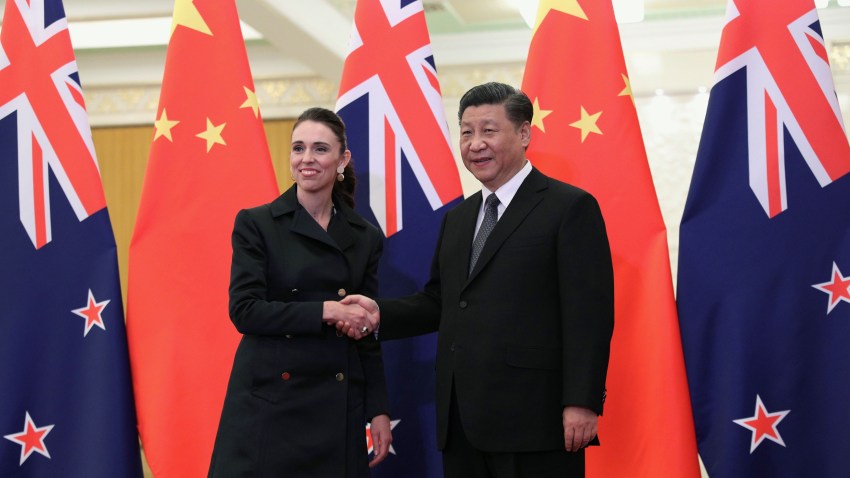Jacinda Ardern’s surprise exit from New Zealand politics has ushered in a new prime minister, Chris Hipkins. Despite the rather abrupt leadership change, Wellington is unlikely to make wholesale changes to its foreign policy in the short term.
The most sensitive topic on New Zealand’s foreign affairs agenda is China. Ardern had increasingly spoken in more generous terms about China in recent months, after Beijing had expressed its displeasure with New Zealand’s increasingly pro-U.S. position since Russia’s invasion of Ukraine.
In what turned out to be her final speech on foreign affairs, in mid-December, Ardern had signaled that she aimed to lead a “trade mission” to China early in 2023. Hipkins will now lead that visit and is likely to maintain a similarly warmer stance toward China, which remains New Zealand’s largest trading partner. It should come as little surprise, then, that in his few public comments on foreign affairs so far, Hipkins has called China “incredibly important economically.”

